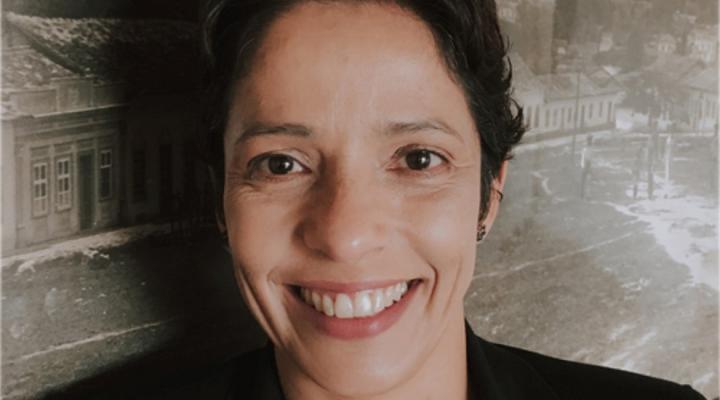
Translating innovative health technologies from concept to market.
Welcome new senior lecturer Suélia de Siqueira Rodrigues Fleury Rosa. Read more about Translating innovative health technologies from concept to market.


Rachel George
Sophia Windemuth
Michelle Chang
Acacia Tam
Trisha Ray
Dr. James Antaki, Meinig School Faculty Advisor
Monica Vakiner, Director of Finger Lakes Cancer Resource Center
Dr. Michael Cooney, Clinical Director, Calmare Therapy
Chemotherapy-induced peripheral neuropathy (CIPN) such as numbness and hypersensitivity in the hands occurs in up to 85% of cancer patients undergoing chemotherapy treatments and is the most common dose-limiting side effect of chemotherapy. Currently, the only way to address this issue is to lessen the dose of potentially life-saving chemotherapy. Effective non-pharmacological solutions for CIPN are even more scarce. Although physical therapy and neuromodulation methods offer some relief, few studies have demonstrated robust success in these methods.
A new, non-pharmacological treatment known as Scrambler Therapy uses electrical stimulation through electrode placement on a patient's skin to interfere with the pain pathway in a patient's nervous system. While this therapy has shown immense promise in clinical trials as an effective treatment, it can only be performed in a medical office, which is often inconvenient for patients who may be required to travel far distances for treatment.
Undergraduate team Cipnia's objective was to provide patients with an accessible and effective non-pharmacological solution for CIPN. Their answer was a wearable electronic glove designed to alleviate the symptoms of CIPN and provide a greater quality of life with its minimal and sleek design and portability. The Stimuglove device takes a novel approach to incorporating Scrambler Therapy into a portable and convenient glove equipped with an app to track therapy feedback and progress.
While working on Stimuglove over the 2020-21 academic year, during the pandemic, team Cipnia discovered how important effective communication was in helping them to achieve their ambitious project goals. They accomplished this by reaching out to specialists and patients for feedback, which helped guide product development and motivated the team every step of the way. The team used cloud-based project management tools to assign tasks and track progress, and provided weekly progress updates by Zoom. The team also learned the value of reaching out to expert stakeholders, to better understand underlying design concepts and to better address their goals. Perhaps equally as important, they learned the importance of empathy toward one another, of how to understand and adapt to difficulties associated with the pandemic.
"We always checked in with and supported each other," said Michelle Chang. "Whether through a quick message on GroupMe, or joking around in the lab."
“Working with this group was the highlight of my senior year in BME," said Rachel George of the overall experience. "I cannot stress how valuable the entire design experience was, from the way collective ideas converge in the initial brainstorming process to the final product that results months later.”
“I absolutely loved working with this group during my senior year," added team member Trisha Ray. "It was amazing to see how much passion and positive energy everyone brought to the project, and how well we were all able to work together to achieve our ultimate goal. It was also incredibly rewarding to interact with real CIPN patients and see how much of an impact our design could have on their lives.”
Moving forward, the Cipnia team is considering a patent for this pioneering product for CIPN treatments.
“The Cipnia team made mind-boggling progress on their project, pushing past obstacles the pandemic threw at them,” said Meinig School faculty advisor James Antaki.
Monica Vakiner, Director of Finger Lakes Cancer Resource Center, who works with a lot of cancer patients, agreed: "I think this glove could be a significant improvement for anybody who has neuropathy, to help with their quality of life."